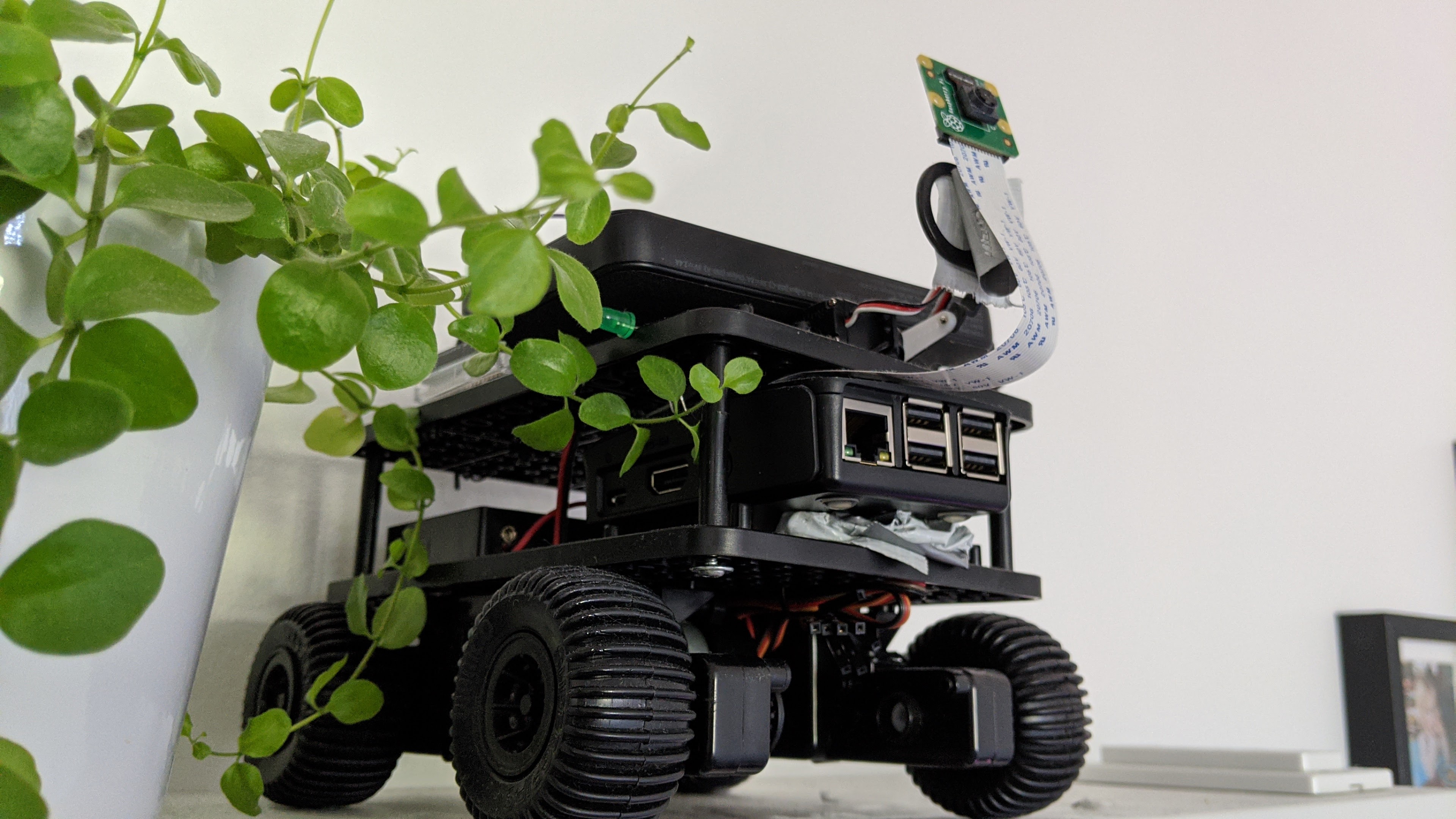
The idea
Ecolarity started as a passion project with an ex colleague and a friend, Remco, from my time at a series A virtual reality startup, FOVE. Remco was the R&D director, while I was mainly in charge of HR, although I helped out with all things business and wore many hats. By coincidence, we were visiting Tokyo, Japan, at the same time, and decided to meet up. We were both in a similar life stage, and we ended up brainstorming startup ideas. We realized that we'd probably be a great team, and decided to explore whether we'd find a shared passion over the next weeks.
Building a Foundation
Neither of us had really started a serious project before, so we decided to spend some time researching best practices when it comes to startups and building products in general. We came across a couple of concepts we really liked, namely the Lean Startup by Eric Ries and the Startup Owner's Manual by Bob Dorf and Steve Blank.
By combining the frameworks, we also found a natural way to divide labor among us. Remco was a seasoned technical leader, and I had experience with research and community management, so Remco took charge of the technical front and I handled most of the customer research.

In addition to exploring various ways of working, we spent a lot of time in the beginning in exploring our shared values, our work life ideals, each others' working styles, and out interests.
When it comes to potential domains, we had several long conversations about each other's interests. Remco had a strong drive to build something in the green tech sector, and I also found that problem space highly important and impactful, so we started off to that direction.
Research & Ideation (In Progress...)
We conducted research in two phases. Since both of us were new to the green tech domain, the natural order of things was to start with market research, and after we'd have a shared understanding of the sector, we'd proceed to talking with potential users.
Market research

User research

Learnings
Industry experience is golden! We had several conversations with engineers and influencers working in green tech and "eco education." Coming from unrelated industries, the research phase of the project took a lot of effort, but thanks to talking with experts, we found great resources fast, and accelerated our learning.
Pairing customer development with product development feels like a very sensible way to iterate product ideas in early-stage projects with a lot of unknowns. The division of labor where one (non-technical) founder works actively the customer and research front, and the other (technical) explores suitable technologies and prototypes solutions, works well!
When forming a team, spending time on defining values, understanding each other's ways of working, and building a shared vision is crucial! It not only helps build a strong foundation for teamwork, but also increases iteration speed due to increased trust and drive among members.







